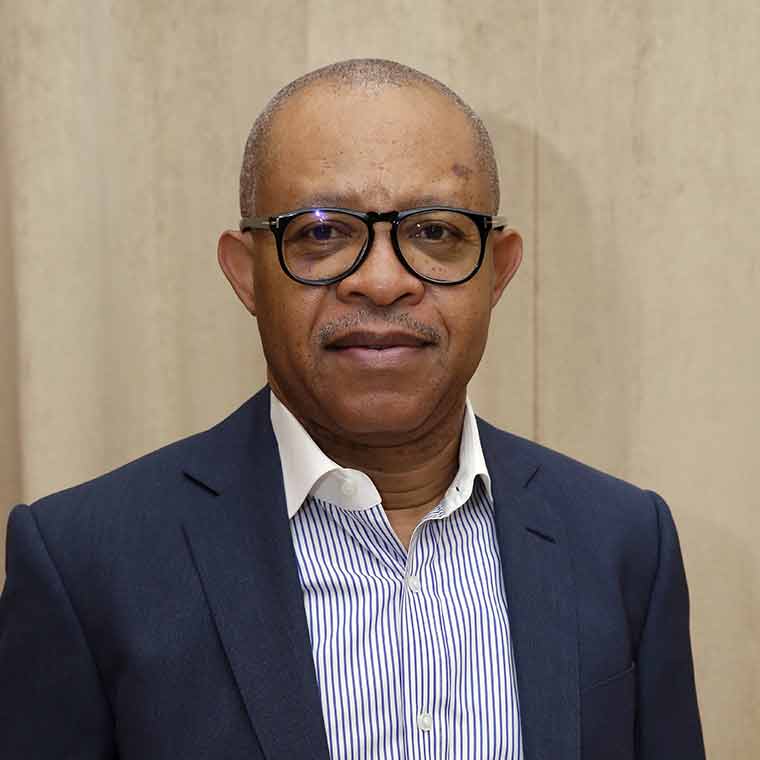
Despite global pandemic ravaging global economies, Nigerian government continues to push for policy and projects that will strengthen its economic diversification agenda. One of such projects is the Ajaokuta-Kaduna-Kano (AKK) Gas Pipeline project. DODONDAWA.COM was in Ajaokuta, Kogi State for the groundbreaking ceremony signaling the commencement of the project, writes on the significance of the project to economic diversification agenda of President Muhammadu Buhari administration. Excerpt.
Introduction
Federal Government has demonstrated another aim at economic diversification with the activation of the highly fundamental Ajaokuta-Kaduna-Kano (AKK) gas pipeline project.
The flag off of the project marked a significant leap in the implementation of the nation’s lingering gas infrastructure blueprint designed to enable the industrial sector of the economy optimize its potentials.
In flagging off the project virtually from the State House, Abuja, President Muhammadu Buhari, directed the Minister of State Petroleum Resources, Chief Timipre Sylva and Group Managing Director (GMD) of NNPC, Mallam Mele Kyari, to authorize the Engineering, Procurement and Construction (EPC) consortiums involving indigenous pipeline giant, Oilserv Limited, to commence construction operations at the project camp sites without further delay.
“We promised the nation that we will expand the key critical gas infrastructure in the country to promote the use of gas in the domestic market. These include the Escravos to Lagos Pipeline System – 2 (ELPS-2), Obiafu to Obrikom (OB3) pipeline and the AKK. I therefore directed NNPC to ensure that these critical projects are completed on time, within budget and specification,” the president stated.
President Buhari summarised the key economic objectives of the project: “When completed, the AKK Gas Pipeline Project will provide gas for generation of power and for gas-based industries which would facilitate the development of new industries and also the revival of moribund industries along transit towns in Kogi State, Abuja (FCT), Niger State, Kaduna State and Kano State.
“This will ultimately create numerous direct and indirect employment opportunities while fostering the development and utilization of local skills and manpower, technology transfer and promotion of local manufacturing. The project is therefore part of the delivery of our Next Level Agenda for sustainable development and enhancement of the economic prosperity of our country.”
Economic Significance
Energy is considered most critical among all factors of production, and acute shortage of energy has been the major bane of industrial and commercial enterprises in the country. Thus the AKK pipeline is therefore considered a key factor in sustainably resolving issues of industrial energy for the present and future generation of Nigerians.
Before now, members of the Organized Private Sector (OPS) of the Nigerian economy, especially the Manufacturers Association of Nigeria (MAN), had consistently called on government to provide critical factors of production to make investment in the Nigerian business environment attractive, and economically rewarding.
Leaders in the country’s OPS agree that the best response government has given to the agitation from the business community is to provide hope for production infrastructure that would make the domestic environment more attractive to investment. So, AKK pipeline when realized will be a sustainable factor of production that would enhance the local operating environment for business in the country.
The facility will also remain central to all aspects of Nigeria’s industrial development: boosting power generation, stimulating manufacturing activities and de-constraining new field development in the oil industry.
In the upstream sector of the petroleum industry, the AKK pipeline will enable more oil production by helping operators to meet the condition of zero flare development plans. So, operators who have been held down by market limited destination for associated gas are now provided space in the AKK pipeline.
Nigerian Content
Perhaps the biggest value is that the AKK pipeline holds the biggest valid testament to government’s commitment to the Nigerian Content Policy. Save the funding arrangement which necessarily entails Chinese content in the project, the full project scope would have been delivered by the indigenous Oilserv consortium which also delivered the even more challenging Obiafu-Obriko-Oben (OB3) pipeline on which the AKK pipeline is anchored.
More importantly, the involvement of Oilserv makes the project more realistic. The reliance on local expertise also makes the infrastructure more sustainable and cheaper in terms of long term maintenance plan. With the Oilserv consortium, government would not suffer maintenance hitches similar to the impasse that plague the local refineries following the refusal of original builders to honour maintenance commitments.
It is therefore taken for granted that the Oilserv consortium would regularly be on ground to guarantee the integrity of the pipeline.
Chairman of the Oilserv Group, Engr Emeka Okwuosa, says that the consortium led by his company is working in concert to provide best in class EPC services for NNPC and Nigeria in consonance with the company’s track record of delivering world class pipeline construction even in most challenging terrains.
“Oilserv is a100 per cent indigenous company currently employing more than 600 staff. With this new AKK development, it probably will go to between 1,500 and 2000 at the peak of the personnel matrix.
“But the fact remains that we are ready. This is not the first project. We are commissioning the OB3 gas project which is slightly larger than this in terms of diameter. The OB3 is 48 inches in diameter. So we have the experience, we have the personnel, we have the equipment and we are capable and we would deliver this project,” he said.
On the projects potential for job creation, Engr Okwuosa declared that the company would significantly increase its workforce during the project’s time frame, adding that additional staff would be recruited from communities that host the project.
“Like I said, we will crank up our employment by more than 1000 and major part of this 1000 will be indigenes of the areas where we are. We have a clear programme to develop the areas where we build pipelines.”
In advancing Oilserv’s performance profile in petroleum industry pipeline delivery, Engr Okwuosa declared that the consortium is conversant with driving through tough and challenging terrains.
“Every project comes with its challenges. There are challenges in driving a project like this in virgin forests, to go through rivers, rocks, to deal with security issues. These are challenges but I don’t have fears because we have the knowledge and the experience to deal with it all. We are very ready to deliver the project and deliver the project on time.”
Mallam Kyari stated that “We are confident that the EPC contractors will deliver the project on time, within budget and to quality specifications. The current administration under the leadership of His Excellency, President Muhammadu Buhari, has made it a priority to ensure revenues from oil and gas resources are utilized to support the emergence and growth of other non-oil sectors of the economy,” inferring that the pipeline is one of the economic diversification efforts of the government.
As Governor Yahaya Bello of Kogi State couched it, use of indigenous Oilserv consortium in delivering the Ajaokuta-Kaduna-Kano pipeline project is one of the most significant economic stimuli that will catalyze growth activities in Nigeria in the prevailing coronavirus era.
The indigenous consortium of companies led by Oilserv Limited is to deliver the first phase of the 40 inch diameter pipeline which would run from Ajaokuta in Kogi State to KP303 between Abuja and Kaduna. The consortium is also to deliver a Terminal Gas Station (TGS) which is a 24 inch 15 kilometer spur line to a planned power station in Abuja.
Governor Bello’s applause for Nigerian Content of the project laid ground for him to take early lead in projecting graduates of his government’s technical training programme for absorption in the construction stages of the project, appealing that the involvement of the local youths would go a long way in building community stake-holding in the project.
Conclusion
It is therefore strongly inferred that President Buhari is conscious of the need to deliver the AKK pipeline before leaving office; a strategy that would avert leaving behind another white elephant project that might build into the unenviable projects list that already contains well-conceived but stalled megaprojects like the Ajaokuta Steel Rolling Mills, Kogi State; the Aluminium Smelter Company Limited (ALSCON), and Nigerian Newsprint Manufacturing Company, Akwa Ibom State, just mentioning a few.
Although the pipeline runs into the northern parts of the country, its full economic chain connects the south by providing market and viability for gas production, processing and monetization investments in the Niger Delta.
With its economic benefits connecting all sections of the country and integrating its full business cycle it is therefore critical for all stakeholders, including professional groups, business groups, political administrators and community stakeholders to support the AKK pipeline and enable it deliver full objectives and benefits for all.




